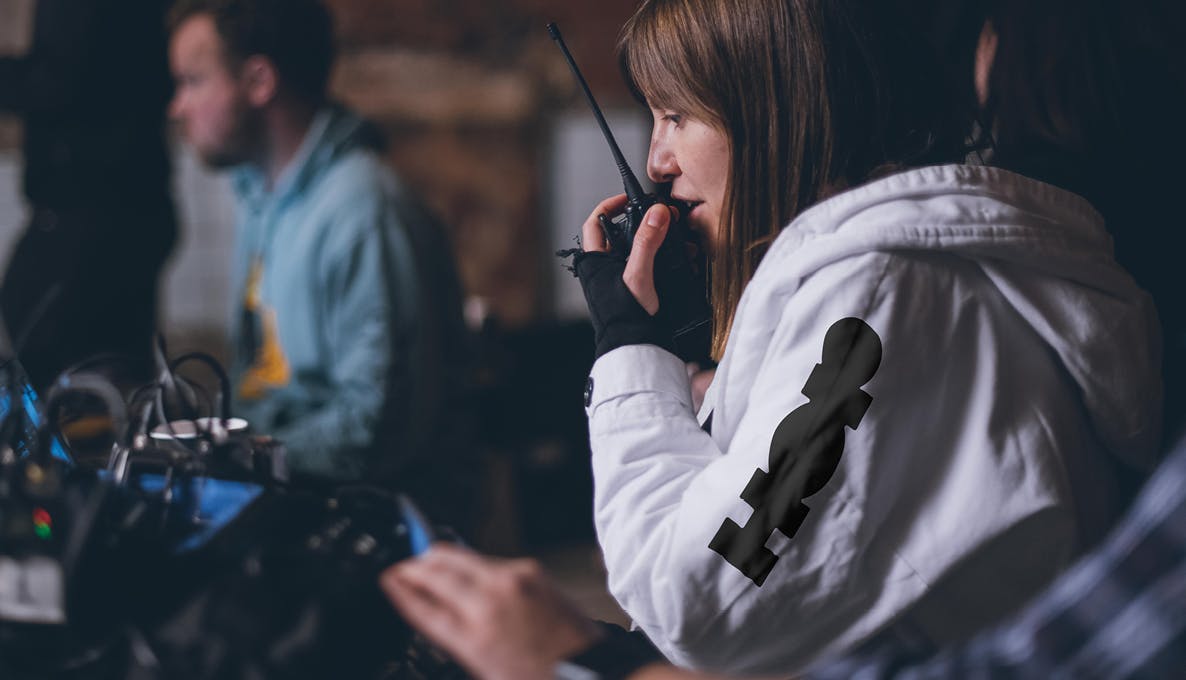The film and television production industry is facing the looming spectre of a major skills shortage during a boom period for projects. As part of our plans the HOP team are working hard to offer education and employment opportunities in Central Bedfordshire, to play our part in tackling this.
The film and television industry in the UK is facing a crisis. Even in a pandemic-restricted world which suffered an inevitable dip in productivity, the 2020 film and TV economy was 75% larger than 10 years before. Across the UK-specific budgets of UK Netflix, the BBC and ITV alone there is £4 billion annually allocated to new productions. All this is against a backdrop of ageing or unsuitable facilities, twinned with a skills shortage so severe that it threatens to derail entire projects.
At a BFI Film Academy event in September 2021, the Chief Executive of the BFI, Ben Roberts, told attendees “Tell your friends, we need people working and we need lots of them.” His sentiments are allied to a desperate shortage of skilled people, and an increase in the trend for what has been coined ‘show-jumping’ - Where crews in high demand leave a production before it is finished at the offer of a new, better-paid gig.
“Our Bedfordshire development will be intrinsically linked to local communities, colleges and schools - Creating major education and employment opportunities.”
A damning statistic is that from 2014-2019 there was a 37% drop in students entering GCSE Media, Film or TV Studies in England, Wales and Northern Ireland, while entries for all equivalent qualifications increased by 5%. The total number of entries for GCSE Media, Film or TV Studies in 2018/19 was just under 39,400, which equates to 0.7% of all GCSE entries, the lowest share of the five-year period (1). Young people are not being inspired to enter our industry, with these statistics indicating worrying disinterest in this most culturally-central of the arts.
All of this creates an impression of a sector in need. The BFI are increasingly dedicating their energies to the identification of cross-economic and educational partners in order to build a cohesive strategy to develop skills in film in the UK. This commitment is deeply rooted in an increasing belief, reflected in the behaviours and trends of an increasingly tech-savvy population, that ‘moving media’ in all its forms should be afforded similar intellectual weight to printed text - Also taking root in the nation’s learning and curricula in the same way.
The HOP team are industry professionals, with a rich and storied background. We have seen and felt the strain placed on film and TV production, particularly in recent years, and have used this as inspiration for our concept. The first of our locations in Bedfordshire will be an opportunity to embed this as a place of opportunity - One that supports and enhances the education and employment chances of the population living in Central Bedfordshire, and as a central tenet of everything that we do.
Even at the first at first consultation stage of the planning process, the team have made formal approaches to a series of schools, colleges and work providers around Bedford to explore the possibilities of working with them initially to build and support educational courses. These would create a trajectory for pupils to take up opportunities in a range of skills and specialisms but, crucially, would comprise an invitation to apply them on-site at HOP Bedfordshire.
We are committed to signing formal commitments with a number of organisations in the coming months, and the team are looking forward to being amongst the community for the second consultation to tell you more.

